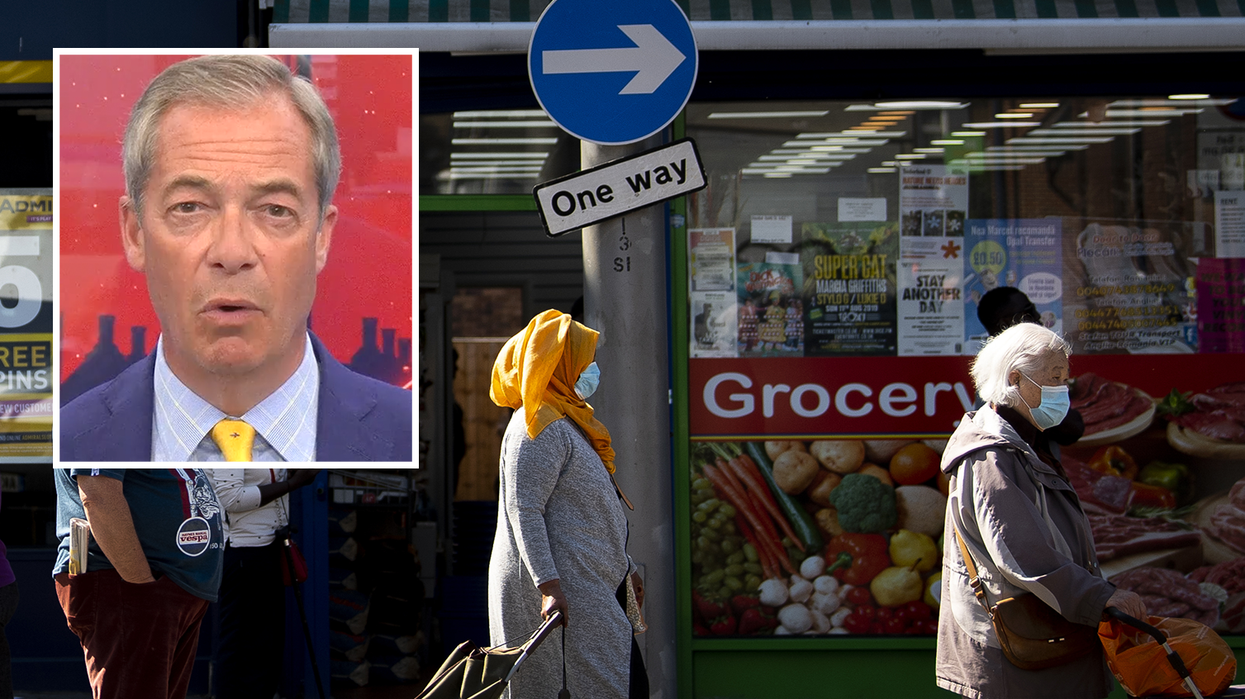Covid lockdown 'saved as few as 1,700 lives', says devastating study - Nigel Farage demands apology

NIgel Farage calls on the Government to apologise for lockdown
|GB News / PA

Scientists from John Hopkins University and Lund University examined almost 20,000 studies
Don't Miss
Most Read
Lockdown saved as few as 1,700 lives in England and Wales in spring 2020, according to a new landmark study.
Scientists from John Hopkins University and Lund University examined almost 20,000 studies on measures taken worldwide to protect people against Covid.
One of the scientists behind the study says there are lessons to be learned from the strict policies imposed during the first wave of the pandemic.
Dr Lars Jonung from Sweden’s Lund University said “alarmist” projections in the future should not provoke panic.
He told GB News: “Do not panic. Do not respond to alarmist projections made by people who do not have a broad view of the effects of lockdown.
“Let us not have a global response because as scientists we gather evidence by having many different types of strategies tried at the same time, and then we learn from them.
“Some will be successful, like the Swedish one, and some will be unsuccessful like the Chinese and British one.”
Nigel Farage said in response: “As I’ve said before, the Government owe us an apology.”

Lockdown measures had little impact on excess deaths, according to a report
|PA
The study’s findings suggest that lockdowns imposed in response to the first wave of the pandemic prevented as few as 1,700 deaths in England and Wales.
In an average week, around 11,000 deaths are recorded in England and Wales.
The report authors claim their findings shows lockdowns had a “negligible impact” on Covid mortality.
Johns Hopkins became well recognised during the global pandemic as a result of its Covid dashboard which measured cases and deaths all over the world.
The study compared countries that adopted more draconian measures to Sweden, which famously opted to follow a more lax strategy towards the virus’ spread.
The study’s authors state: “The science of lockdowns is clear; the data are in: the deaths saved were a drop in the bucket compared to the staggering collateral costs imposed.”
Researchers claim studies showed that behavioural change had more of an impact than mandatory restrictions in battling Covid.
Sweden had few compulsory restrictions, but a change in consumer activity was noticeable.
For example, older people opted to stay away from shops and restaurants as infections spread.
A government spokesman said: “We are committed to learning from the Covid Inquiry’s findings, which will play a key role in informing the Government’s planning and preparations for the future.”










